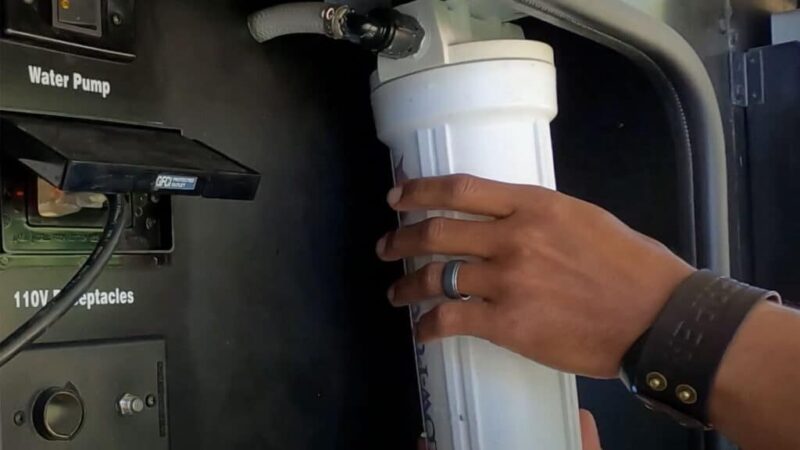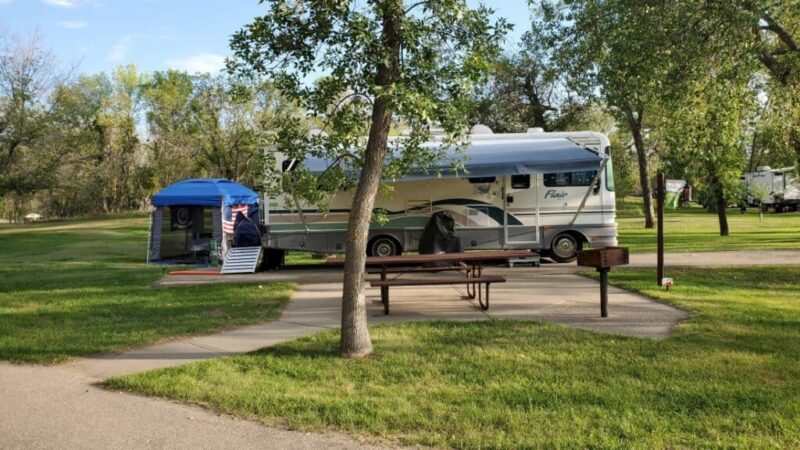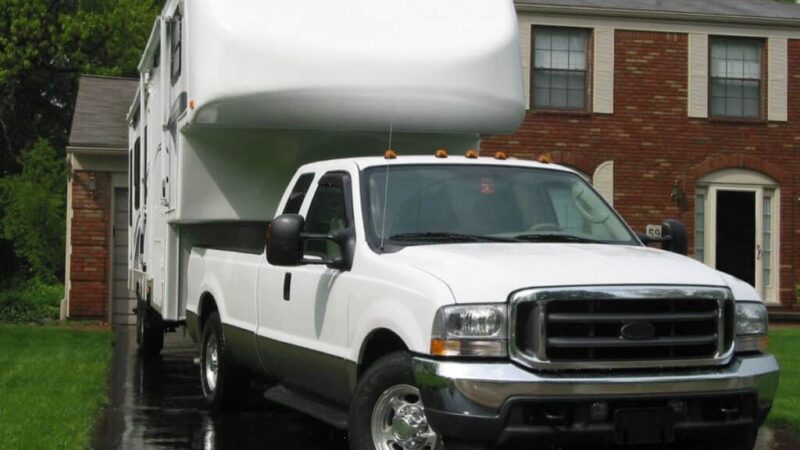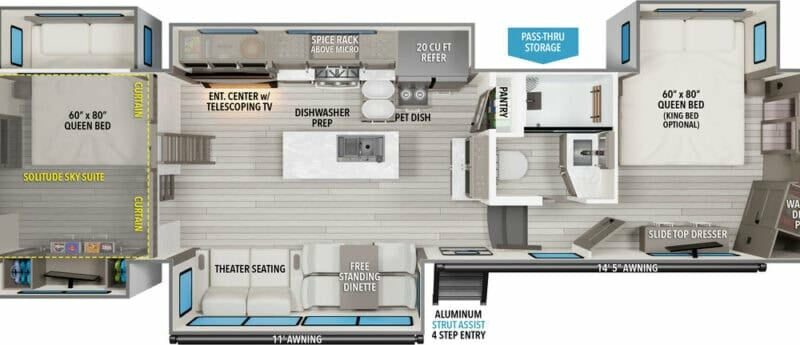Know Your RV’s Value: Check The RV Blue Book
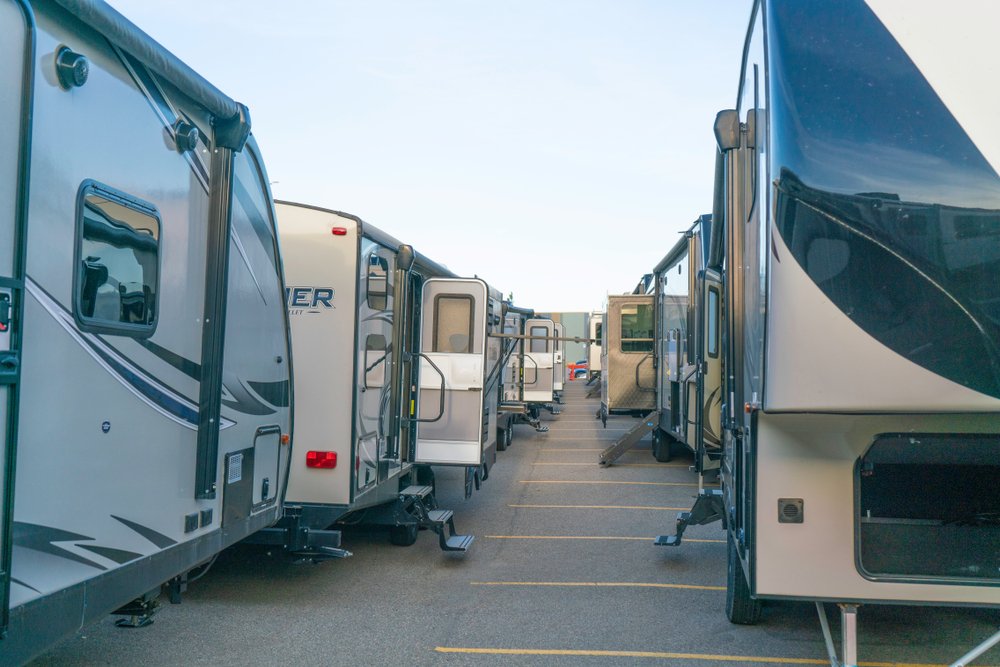
Sponsored by National Vehicle
Is There A Kelley Blue Book For RVs?
Wouldn’t it be nice if there was a Kelley Blue Book for RVs? You could look up your RV model and year and instantly know your RV’s value.
Unfortunately, the RV industry doesn’t work like that. When you consider all the different variables of RVs in the marketplace, you quickly realize that RVs are more like houses than autos. That’s why there isn’t a Kelley Blue Book for houses, either: there are too many variables.
The Blue Book model only works if there are limited variables within any asset class. So, how can you learn what your RV is worth? Is it really that important to know your RV’s value?
Why you should know your RV’s value
If you intend to sell your RV, it is important not to guess what your RV is worth or to just assume that it is worth about what you currently owe on your RV loan. Its actual value and what you owe are unrelated facts.
It’s important to know the real market value because when you’re ready to sell, if you over-value your RV, it probably won’t sell, and if you under-value it, you’re likely to scare off potential buyers because a low price creates suspicion; plus, you could be leaving good money on the table.
What determines your RV value
The value of an RV depends on many changing variables like the season and even the weather, the public’s interest in RVing, the current demand for RVs, the state of the RV industry, the current supply of new and used RVs, and even economic influences like the price of gas, interest rates, or the threat of a recession. These variables change constantly. In addition to changing market conditions, all the unique variables associated with your RV will also impact its value.
For example, a 2014 Airstream travel trailer will have a vastly different value than a Jay Feather trailer of the same length and model year. However, if the Jay Feather is in excellent condition, is well appointed, and has been impeccably maintained, while the Airstream has not, the relative values of these two trailers change.
Consequently, to know your RV’s value, you’ll need assistance from experts in the used RV industry who can merge the details of your RV with the current market conditions. The professionals at National Vehicle can provide this crucial insight. Their role is much like a house appraiser. They interview RV sellers to learn all about each RV then factor in market conditions and finally present the seller with a written valuation based on current trends and today’s data.
The experts at National Vehicle have extensive knowledge of RV sales data because they help thousands of private RV owners sell their RVs every year. However, there is a huge difference between an RV valuation from National Vehicle and a house appraisal. Home appraisals cost hundreds of dollars, while your RV valuation is free.
What if your RV value is less than what you owe?
What if your free RV valuation comes back with a value that is less than what you owe? Should you just wait a couple more years until you have paid down the balance before you sell it?
Absolutely not! The current state of the RV market (supply shortages, high demand, and increased interest in RVing) is favorable for sellers. That translates to higher returns and a quicker sale of your asset. The future might not be as favorable, your RV will be older, and it will continue to lose value as it ages. It’s important to know your RV’s value right now.
Let’s say your free valuation reveals that your RV is worth $55,000, but the outstanding balance on your RV loan is $60,000. You reason that you don’t have $5,000 to make up the difference, so you decide to wait two years before you sell it. In two years, your RV loan balance should be down to about $55,000. But here’s the catch with this strategy: your RV will be older, the market could shift to favor buyers not sellers, and your RV might only be worth $40,000 two years from now.
Additionally, you will have been paying the principal and interest on your RV loan during those two years, plus insurance, maintenance costs, and possibly storage fees. In two years, your RV might also need costly repairs, and you’d be no closer to closing the gap between its resale value and what you owe. Therefore, your delay means you had to continue to pay out-of-pocket expenses for two more years, and the gap between your RV’s value and what you owe might be even larger than it is today.
From a financial standpoint, waiting to sell your RV makes no sense, whether you still owe on your loan or you own the RV outright.
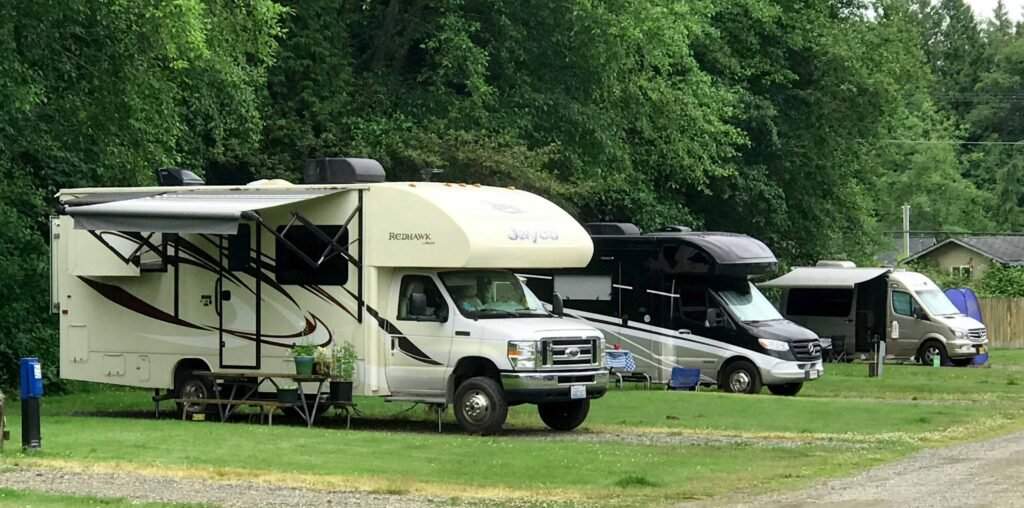
RVs lose value with passing time, so don’t wait to sell your RV when you’re finished camping.
RV financing age requirements
There is one other problem with waiting to sell your RV, besides the market shifting to your disadvantage. Every year your RV ages, and when it reaches 10 years old, most RV financing disappears.
Good Sam will finance some RVs up to 12 years old, but the borrower needs excellent credit and the RV must pass an independent inspection. Regardless, if lenders will only finance 10- or 12-year-old (or newer) RVs, the closer your RV gets to that age, the harder it is to sell. Waiting a couple more years could significantly limit the number of potential buyers.
Know when to sell your RV
Sell your RV as soon as you are mentally and emotionally done with your RV. Don’t put it off. Every day counts: seasons change, markets change, and your RV continues to age. The sooner you know your RV’s value and get your RV into the market, the more of the seller’s market advantages you will realize and the less out-of-pocket expenses you will need to pay for your RV. If you happen to be upside down on your loan, find a way to pay off the difference and stop the bleeding.
The bottom line is when you’re done with your RV, don’t wait—sell it as soon as possible! Right now the market is still favoring sellers, and you can benefit from those market conditions.
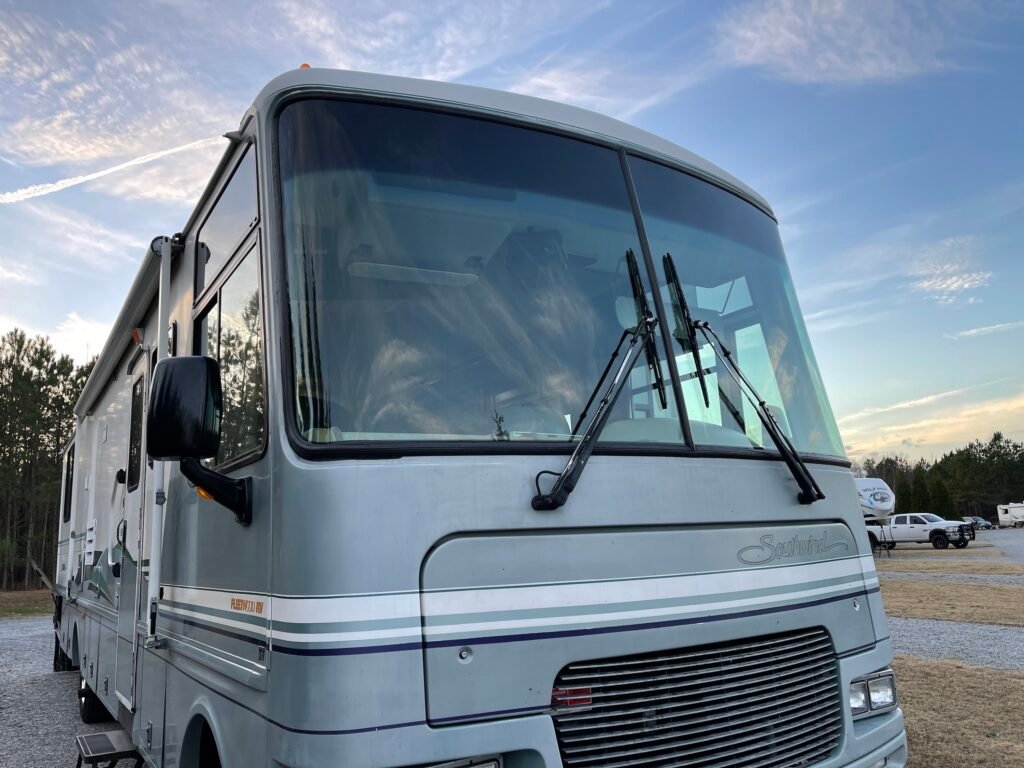
It’s important to know the value of your RV before you offer it for sale. You can get this information free from National Vehicle
Selling an RV is not difficult if you know your RV’s value
When you take advantage of the private marketplace, you’ll get the most money possible by following these simple steps:
- Price it correctly based on a current free valuation from National Vehicle
- Describe it completely
- Take high quality, comprehensive photos
- Hire National Vehicle to create compelling ads
- Let National Vehicle place your ads in all the places where RV buyers shop
- Read and follow the seller’s tips provided by National Vehicle
- Be available to candidly discuss your RV with buyers
- Get all your documentation and paperwork ready to transfer ownership
- Negotiate in earnest when a buyer makes an offer
Get started today with a free valuation and know your RV’s value before you sell your RV!
The post Know Your RV’s Value: Check The RV Blue Book appeared first on RV LIFE.


